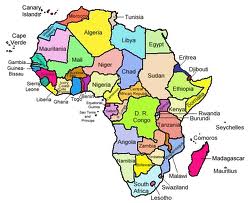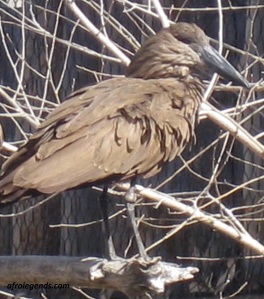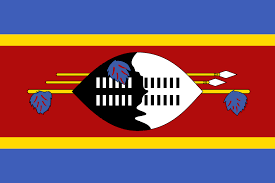
Have you ever wondered about the meaning of Mbabane, the name of the capital of Swaziland? Have you ever wondered what the local people called their land, before the arrival of European settlers? Well, I have. It sounds so off, to be called Swaziland, or the land of the Swazi people. Very often in world history, it seems as if a place or people gets its name from foreigners, rather than the indigenous people, i.e how could a place be called Léopoldville (Kinshasa), when the locals do not call it? How could a place be called Cote d’Ivoire? Was there not a local name for that area? After digressing a bit, I wondered about the name Swaziland, or the land of the Swazi people. How do the Swazi know themselves? Or how do they call their land? How do they call their capital?
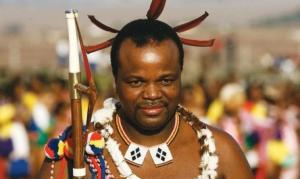
The city of Mbabane gets its name from a local king, Mbabane Kunene, who lived in the region when the British colonizers first arrived there. It is the capital of Swaziland, and the country’s largest city. It is located on the Mbabane River and its tributary the Polinjane River in the Mdzimba Mountains. It is located in the Hhohho Region, of which it is also the capital. The average elevation of the city is 1243 meters. Swaziland is a monarchy headed by King Mswati III, who was crowned King on 25 April 1986 and Ingwenyama of Swaziland. He reigns with his mother, Queen Mother Ntfombi Tfwala, the Ndlovukati and Joint Head of State of Swaziland since 1986. The country, Swaziland, gets its name from King Mswati II who helped expand and unify the area in the 19th-century. Today, most people belong to the Swazi tribe, and the country is also known as kaNgwane, after King Ngwane III.
Whenever you find your way in Swaziland, do not forget to visit Mbabane, King Mswati III’s capital, and enjoy Swazi culture.


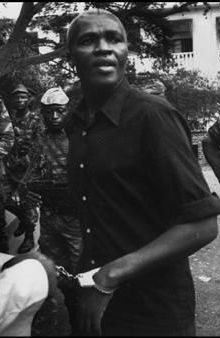
 Qui a de l’eau à la bouche, ne souffle pas dans le feu
Qui a de l’eau à la bouche, ne souffle pas dans le feu

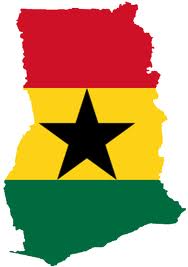
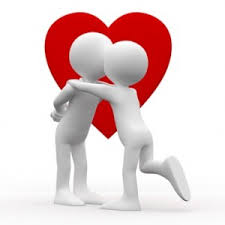
 We have evolved since the days of the
We have evolved since the days of the 